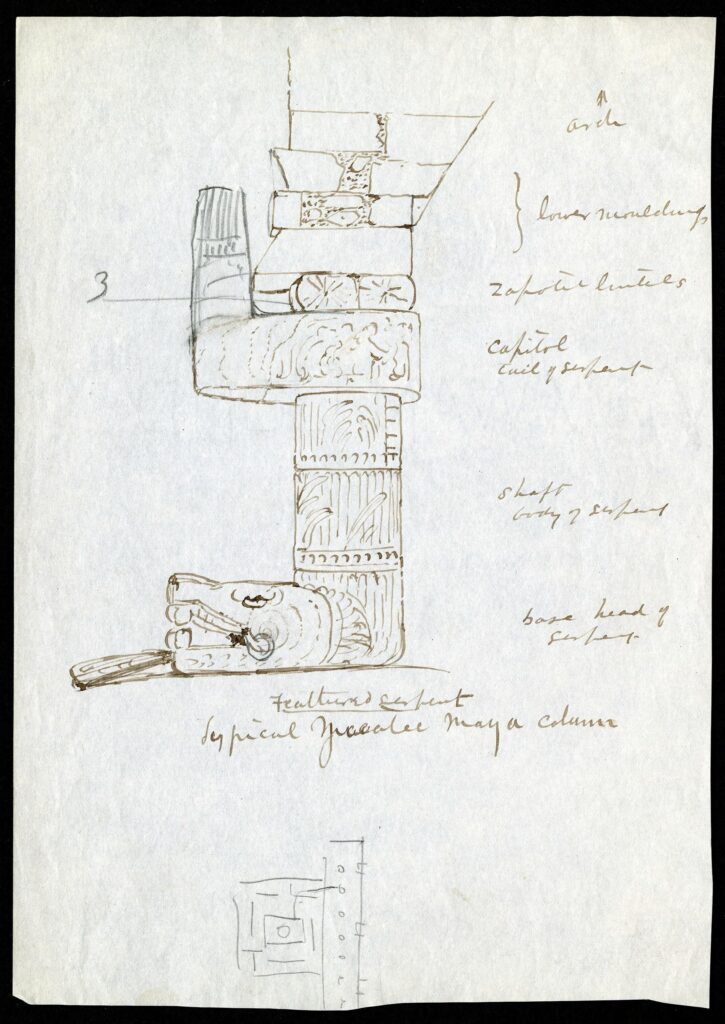
Because you’ve already devoured Netflix’s limited series Squid Game, you know that it’s a metaphor of objet petit a, specifically under the Lacanian theory of desire.
You’ve laid slumped over on your couch or your bed watching this for an eternity, your posture folding in on itself like a morning pastry. What were once considered your limbs have withered into soft formless tendrils. You’ve watched it infinite times before, and you’ll watch it infinite times again: a man with grease-mottled hair and baggy clothes is a gambling addict indebted to local gangsters. He lives in the numb squalor of his mother’s house and has disappointed his only daughter beyond repair. Society could discard him without worry—his indolence and failed self-regard contribute to the world only a pitiable and banal misery. There’s a Dostoyevskian horror to his appeal, a sprawling ubiquity of victim and conquest that comes off the screen, that, if we were honest with ourselves, we would identify as our own. Instead, we are proud we are not him, because look at him and his stammering misfortunes, his pathetic sheen of sweat and guilt and lies billowing like storm clouds above him. But life is often more painful than death, and it can only be drowned out in the bodily repetition of what’s worked before. So he eats dumplings, gambles some more, follows dutifully the main tenets of the pleasure principle, as if dopamine was the cure for our daily ills.
When considering how humans manage go on in the perverse mania of their day-to-day, how they are able to wake up and begin all the pointless insanity again, how they’re able to go to bed again, peacefully, and not drive themselves mad or destitute thinking about the tyranny of their days, Louis-Ferdinand Céline put it best in Journey to the End of the Night: “The truth is an endless death agony. The truth is death. You have to choose: death or lies. I’ve never been able to kill myself.” What Squid Game accomplishes is a summation of the endless death agony that we have all proudly sentenced ourselves to.
From an aesthetic point of view, Squid Game is unwatchable: the simplified horror and brutality is dull and repetitive, the fluorescent coloring is squeamish in its ridiculousness, the entire plot could be scribbled on a dirty napkin. When you watch it, you understand why it was rejected for ten years before being greenlit. But none of that matters. Television, like every other visual or auditory medium, is there to entertain us like our own personalized court jesters, to drown out the endless death agony that hammers away at our skulls.
In the second episode, Hell, our screens pass across a desk with René Magritte’s book of paintings, as well as a postcard of his painting L’Empire des lumiéres—an assertion to the unsettling visuals of the games. But we also see the book of Lacan’s Theory of Desire. This is meant as an Easter egg for those few Lacan evangelists to galavant with glee that they’ve finally been represented. It’s identical to when Baudrillard’s Simulacra and Simulation was featured briefly on Neo’s work desk in The Matrix. It’s a formal nod to the specific ideas the filmmakers are using. They deliberately want think-pieces to be written about what it all means, beginning from that basis, insomuch that I have been victoriously baited into doing it.
The point of the squid game is redemption. Everyone who is there has chosen to be there because they can’t help themselves. And they’ve chosen to return even when they know they will most likely die a violent death, because existing in the real world outside the walls is worse somehow. A Lacanian interpretation would see the contestants as no longer members of society, as they are all symbolically dead. Outside, there’s no escape from their own lingering waste, from the filth of so many years piled up on top of themselves. And if you’re so symbolically dead, you are only some numbered steps removed from being actually dead.
The homeless person outside your nearest 7-11 is wearing no shoes, his feet have turned black, his hair has tangled into a matted nest, and he’s screaming profanities at traffic lights. It’s clearly a tragedy, when my own government spends far more money on the military than on the needed resources for its own people. But there are still some people who share a secret, obsessively protected, that this person is better off dead, and it’d be a lot more peaceful around if they were. Squid Game is just a fetishization of that impulse inside us that gave the show the crazed popularity it achieved. It’s pretending to be an anti-capitalist commentary, but is doing the opposite in the grandiose brutality in nearly all the episodes.
In Lacan’s Seminar VII: The Ethics of Psychoanalysis, he says that the death drive is our desire to restart. “[Death drive] calls into question all that exists. But it is equally a will to creation starting from nothing, a will to begin again.” It’s a movement beyond the symbolic order, something that all the contestants in the game are willfully engaged in. That’s the freedom they have now. That’s the most important part of Squid Game—they left the game and then willingly decided to come back. Like every four years when celebrities take part in voting outreach campaigns, wearing those “Vote Or Die” shirts like they were the hippest new thing on the block. In the Netflix series, they voted, giving them the illusion of their own freedom, because in the end they were probably going to die either way. In this real life hell, most of us vote, even when we know massive military budgets will be passed and oil pipelines will be built either way. Voting gives us the conceit of our autonomy.
In Aleksandr Solzhenitsyn’s masterpiece The Gulag Archipelago, he writes, “We didn’t love freedom enough. And even more—we had no awareness of the real situation.” There’s always a part of us that doesn’t think we’re going to die, no matter how much we rationalize the reality of it to ourselves. It’s part of the programming. The contestants in the squid game join because freedom is on the line, not death. They could begin their lives again, either by dying or winning some ungodly amount of money. A lot of heist movies bring in this same element, and it’s an important one for heightening the drama: one more score, and then they’re finished for good. The objet petit a as the unachievable paradise of jouissance. Piña coladas on some island, hour long orgasms—the satisfaction is illusory because it is sedentary and dull. It’s impossible, and we as viewers know it’s impossible—they are going to fail and die and the money will be all lost. The Safdie brothers’ Uncut Gems is accurately illustrative of this, when Howard Ratner wins the bet of his life, which should resolve all of his gambling debts, but instead, he is immediately killed. He had to die because the gambling addiction never would have allowed him to achieve objet petit a—he would have inevitably sabotaged it again. So, even when he won, he lost everything, which is the correct fate for us all.
Žižek said that there’s something fake about what Squid Game pretends to be. It purports to be an anti-capitalist metaphor where death becomes a more desirable option than continuing to live in such enfeebling debt; but it only satisfies the needs of the culture industry, where we secretly enjoy the slaughter of the low class degenerates who never paid their bills. It didn’t become the most watched show on television because it struck some subconscious societal nerve that says we need to bring down the system. You never finish these shows thinking man, we really need to do something about the wealth gap and organize for class struggle. You delay and dull the endless death agony, and then when the credits roll you scroll for something else to watch. Every movie or show today wants to say something that will softly caress the social milieu, that will make us feel better about ourselves as viewers, because we can tell ourselves that we get it, we’re part of the enlightened class who believes in progress and the edifying mise-en-scène of entertainment-as-commentary.
The one notable evolution that Squid Game makes that separates itself from the others before it (The Most Dangerous Game, Hunger Games, and so on), is it turns the libidinal acme into money, and therefore freedom or redemption or however you interpret the symbolic relief. In capitalism, money is the elusive object of desire. Even if you happen to be one of the few who have enough of it, by consequence, you’re sure that you don’t have enough—you’re not satisfied and want more. Everyone knows by now that there is no future—the emulsion of mass ecological collapse and the general decay of our political-economic complex leaves a regressive form of nihilism as the only choice for our attitude to go, and so we’re left trying to gamble our life savings away in the hysteria over NFTs and Shitcoins. SQUID was birthed as a Squid Game inspired cryptocurrency, rising 310,000% in two weeks before shutting down and vanishing from the internet in a three million dollar scam.
It seems fitting. As if the tv show, in all its colorfully sulfurous glee, has emerged physically from our screens, and robbed its most deranged and mesmerized fans blind. It’s a postscript rolling of the credits, a weirdly abstract realism come to life that’s more interesting than another dystopian killing fantasy. We never knew the freedom we had until it was taken away from us. We’re left hunched over screens, naked and shivering, screaming at the pixelated light to make us feel something, not yet realizing that only death will end the endless death agony.
◼︎
Guy Walker is a writer and artist living in Los Angeles, California. He writes at www.paradiseofstorm.com, and his art can be viewed at www.guywalker.net.
This post may contain affiliate links.







